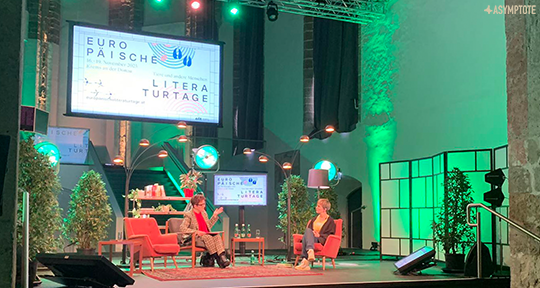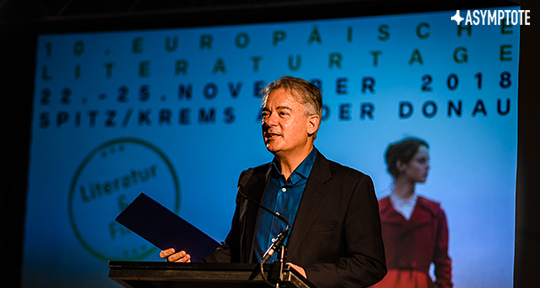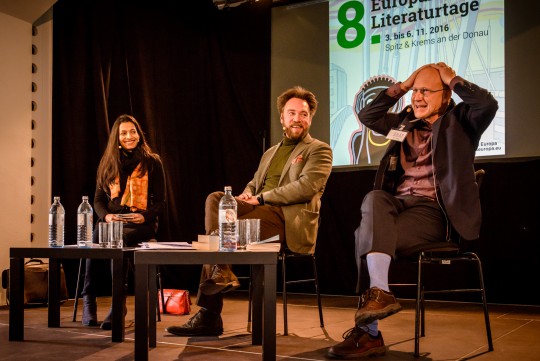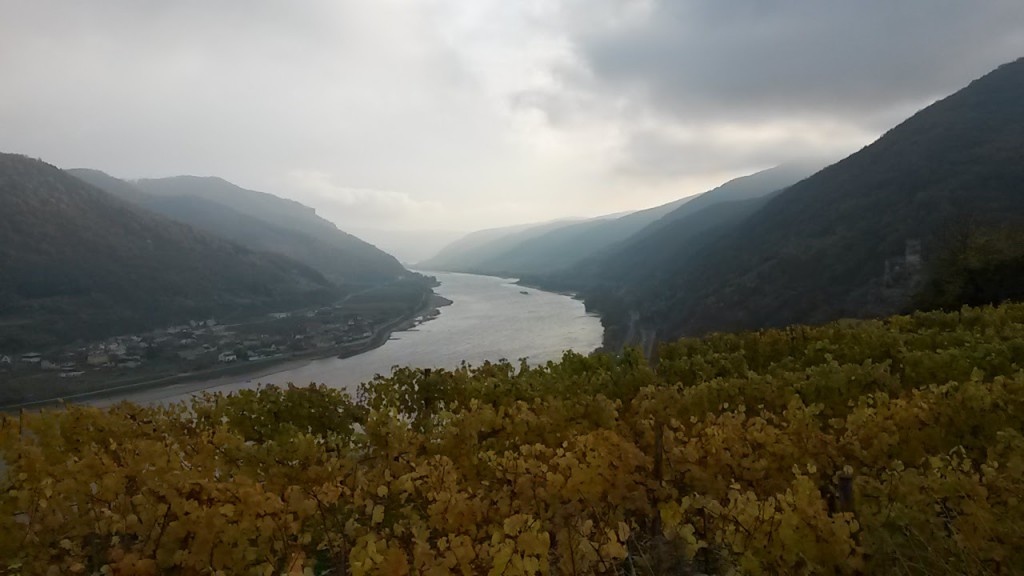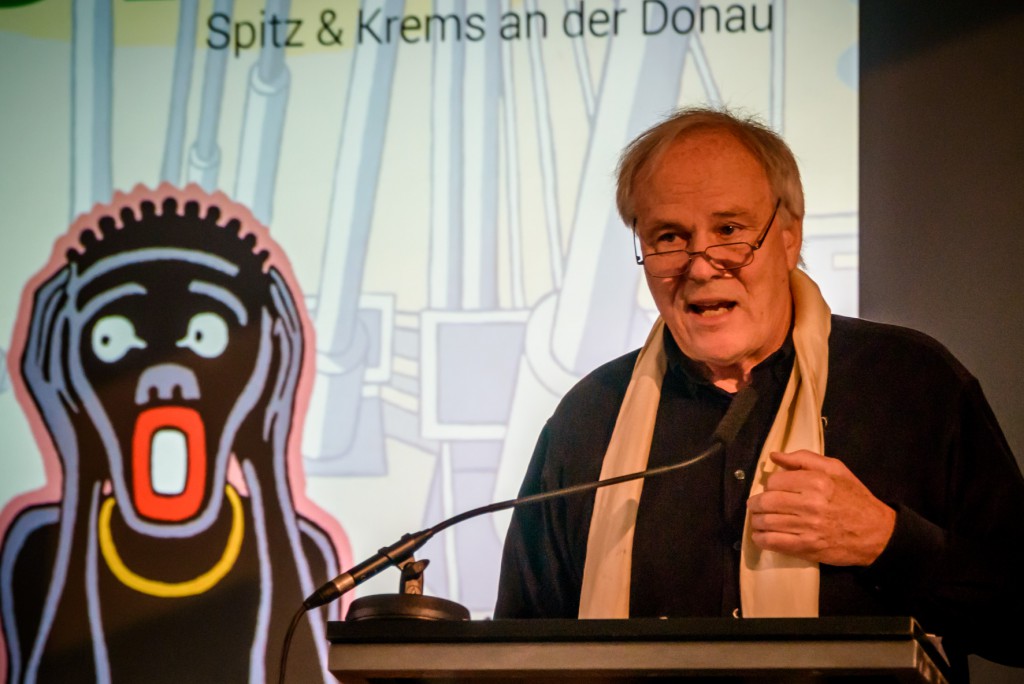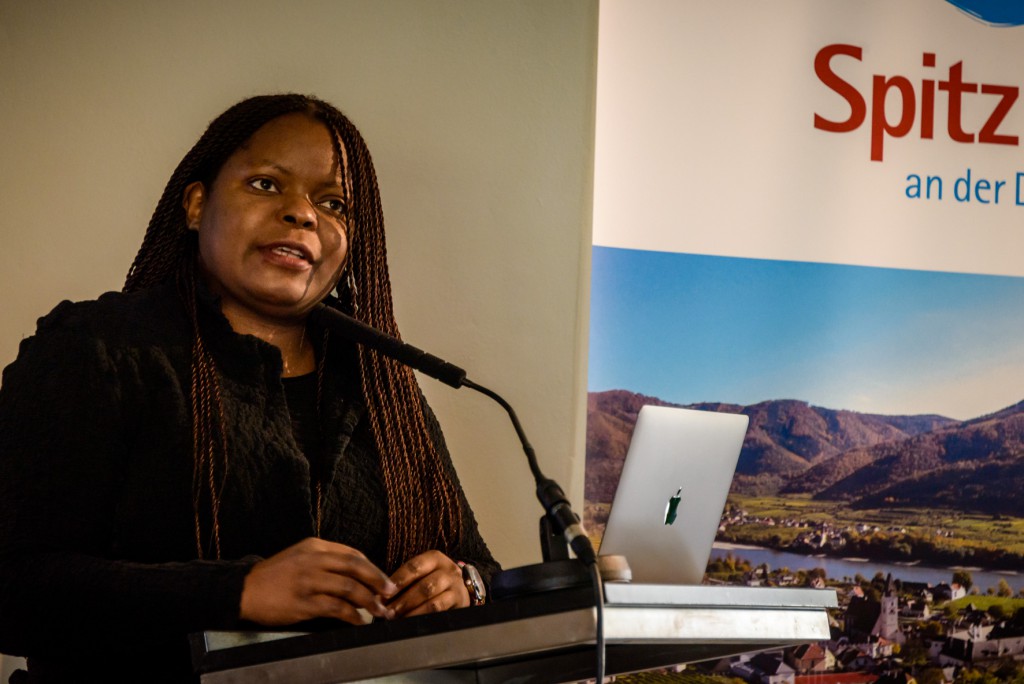Since 2009, acclaimed writers, artists, readers, and friends of literature have gathered in a small Austrian town for four days to attend the European Literature Days festival. With each edition addressing a vital, timely theme of contemporary European writing, the packed program features some of the most brilliant minds across the continent. In the following dispatch, Editor-at-Large MARGENTO reports from this singular event.
The town of Krems an der Donau in Austria is a unique place in Europe, conducive to genuinely special literary and arts events such as the annual European Literature Days. Off the trodden path of regular tourist destinations, it is both compellingly picturesque as well as conveniently distant from the hustle and bustle of the capital, but nevertheless retaining the latter’s intransigence for excellence in higher education and the arts.
The city’s tortuously narrow medieval streets wind between old churches and traditional pubs, and every now and then, they open upon wide panoramas of the Danube and the terraced vineyards surrounding it, resulting in a landscape both mysterious and inspirational. Ancient, blurred guild symbols and still-colorful frescos of winemaking deities and feasts are punctured by modern glass-and-concrete design and dernier-cri technology logos and landmarks. The stately Minorite Church in the heart of the old town is one such hub that combines rich cultural and architectural traditions with widely relevant contemporary interests and activities; the church is nowadays a generous cultural event and concert hall of excellent acoustics and high-tech video and audio equipment. It was the venue of most of European Literature Days’ 2023 events, while the former monastery’s annexes host a museum, art galleries, and multiple multi-purpose spaces—some of which also played an important role in the logistics of the festival.


